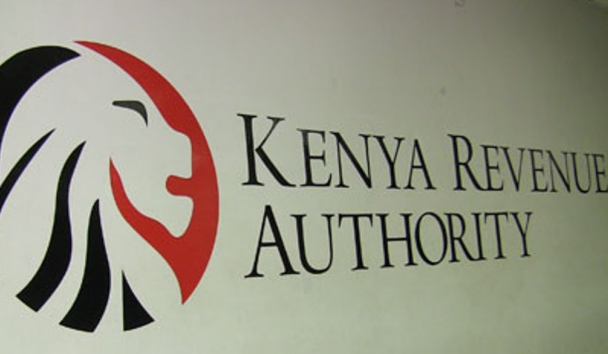×
The Standard e-Paper
Stay Informed, Even Offline

The taxman is likely to miss its revenue collection target, putting in jeopardy the Government’s spending plan.
Statement of Actual Revenues and Net Exchequer Issues published Friday in the Kenya Gazette by National Treasury shows that the taxman had received Sh1.17 trillion in taxes by end of May. This is Sh240 billion short of Treasury's revised target of Sh1.4 trillion for 2017/18 financial year.